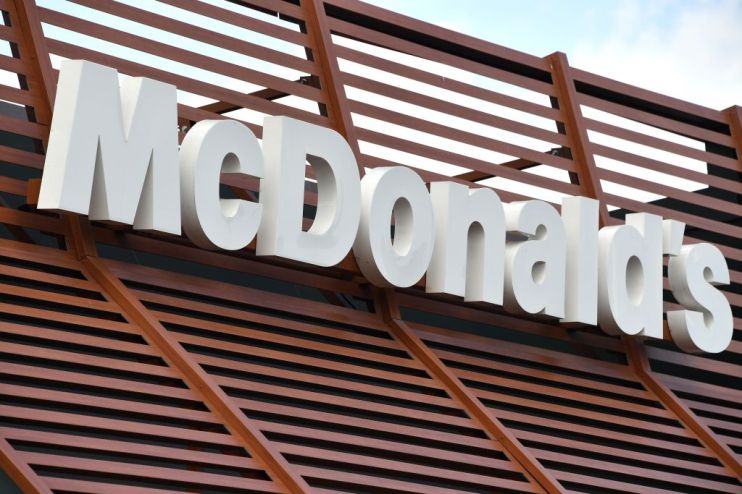McDonald’s and Unilever cut ties with Russia after boycott calls

Fast food titan McDonald’s has announced the temporary closure of its Russian venues while Unilever also said it would suspend operations.
The announcements come after social media users had called for boycotts of companies refusing to cut ties with the country in recent weeks.
McDonald’s said it would be pausing operations in Russia amid the conflict and humanitarian crisis in Ukraine, with CEO Chris Kempczinski announcing the news to McDonald’s employees and franchisees via email.
Kempczinski said the brand’s ethos meant “we cannot ignore the needless human suffering unfolding in Ukraine.”
“As a System, we join the world in condemning aggression and violence and praying for peace,” he added. “The situation is extraordinarily challenging for a global brand like ours, and there are many considerations.”
McDonald’s said it employs 62,000 people in Russia “who have poured their heart and soul” into the company’s operations.
The firm would continue to pay the salaries for its Russian and Ukrainian employees, as well as donating $5m to its employee assistance fund.
McDonald’s said it was currently “impossible to predict” when it would be able to reopen its Russian restaurants.
The chain’s CEO added: “We are experiencing disruptions to our supply chain along with other operational impacts. We will also closely monitor the humanitarian situation.”
As reported by CityA.M. earlier on Tuesday, social media users responded to brands such as Coca-Cola, McDonalds, PepsiCo and Pizza Hut refusing to stop trading in Russia, with hashtags ‘#BoycottCocaCola’, ‘#BoycottPepsi’ and ‘#BoycottMcDonalds’.
In a statement on Tuesday evening, food and beverage giant Unilever also said it condemned the war as a “brutal and senseless act by the Russian state.”
The company said it would halt marketing spend as well as halting all imports and exports.
“We will not invest any further capital into the country nor will we profit from our presence in Russia.”
Unilever said it would continue to supply “everyday essential food and hygiene products made in Russia to people in the country,” but this would be kept “under close review.”